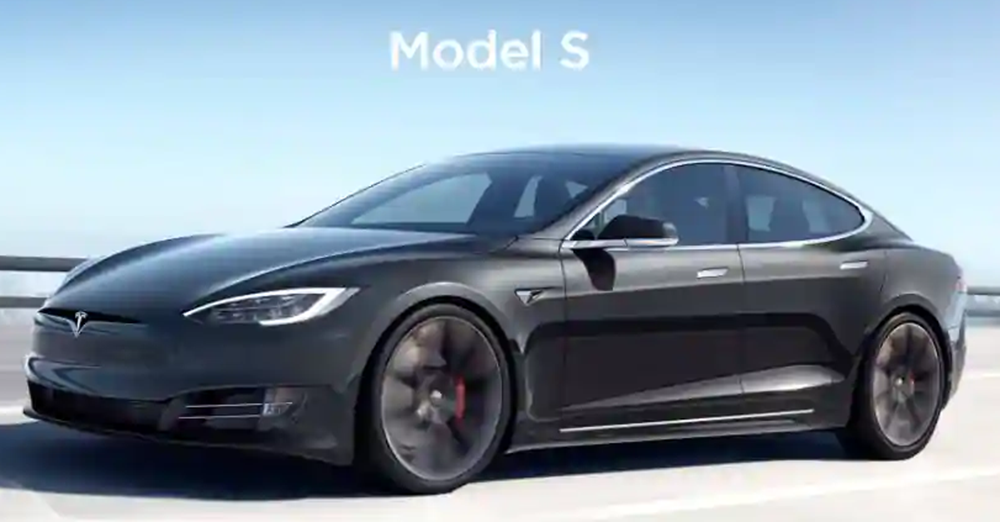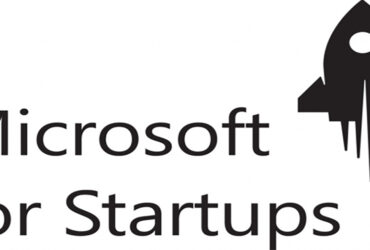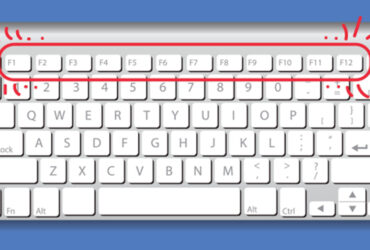Tesla has accused Xpeng, a Chinese EV company, of stealing some of its intellectual property.
Now you can see a duplicate of Tesla’s website design on Xpeng’s website.
Last year, Tesla sued Guangzhi Cao, an autopilot engineer. While working for US-based electric car company Tesla, Cao copied the source code for Autopilot into his own device. Cao later sold the source code to a new electric car company in China. Tesla has accused it of using autopilot for Xpeng cars.
Tesla claims that Xpeng does not use its Autopilot source code as its own driver-assist features and is very similar to Tesla.
Now, Xpeng’s website has unveiled its new P7 electric sedan, which duplicates Tesla’s web design.
Henry Xia, who co-founded Xpeng in 2014, said Tesla was influencing him. Tesla has also publicly declared that it considers its patents to be open-source, open to anyone, free of charge.
Xpeng was the first company to actually use Tesla’s patents for free.
However, Tesla does not provide open-source patents. It was verbal and promised not to sue any copyright users. It is said that the purpose of this acquisition was to produce electric vehicles with good intentions.
It also said it would sue if it copied and used its design.
The Xpeng P7 bears a striking resemblance to Tesla’s electric car, but there are some differences. Similar to the Autopilot dashboard.
The website page is the same.
Xpeng claims to be “Tesla clone” electric car because it envies Tesla electric cars.
Tesla has the backing of the Chinese government, which dominated the domestic electric car market in 2019 when it built a factory to sell Tesla electric cars for the Chinese market in Shanghai in 2019. Small domestic electric car industry is in crisis.
Tesla’s Model 3 electric cars are on sale with a grant from the Chinese government. Government-funded electric car companies have promised to sell their cars at a reduced price and have to comply.
Duplicate Chinese electric car website design
Tesla has accused Chinese EV company Xpeng of stealing some of its intellectual property, and a copy of Tesla’s website design has now been duplicated on Xpeng’s website.
Last year, Tesla sued Guangzhi Cao, an autopilot engineer. While working for US-based electric car company Tesla, Cao copied the source code for Autopilot into his own device. Cao later sold the source code to a new electric car company in China. Tesla has accused it of using autopilot for Xpeng cars.
Tesla claims that Xpeng does not use its Autopilot source code as its own driver-assist features and is very similar to Tesla.
Now, Xpeng’s website has unveiled its new P7 electric sedan, which duplicates Tesla’s web design.
Henry Xia, who co-founded Xpeng in 2014, said Tesla was influencing him. Tesla has also publicly declared that it considers its patents to be open-source, open to anyone, free of charge.
Xpeng was the first company to actually use Tesla’s patents for free.
However, Tesla does not provide open-source patents. It was verbal and promised not to sue any copyright users. It is said that the purpose of this acquisition was to produce electric vehicles with good intentions.
It also said it would sue if it copied and used its design.
The Xpeng P7 bears a striking resemblance to Tesla’s electric car, but there are some differences. Similar to the Autopilot dashboard.
The website page is the same.
Xpeng claims to be a “Tesla clone” electric car because it envies Tesla electric cars.
Tesla has the backing of the Chinese government, which dominated the domestic electric car market in 2019 when it built a factory to sell Tesla electric cars for the Chinese market in Shanghai in 2019. Small domestic electric car industry is in crisis.
Tesla’s Model 3 electric cars are on sale with a grant from the Chinese government. Government-funded electric car companies have promised to sell their cars at a reduced price and have to comply.



